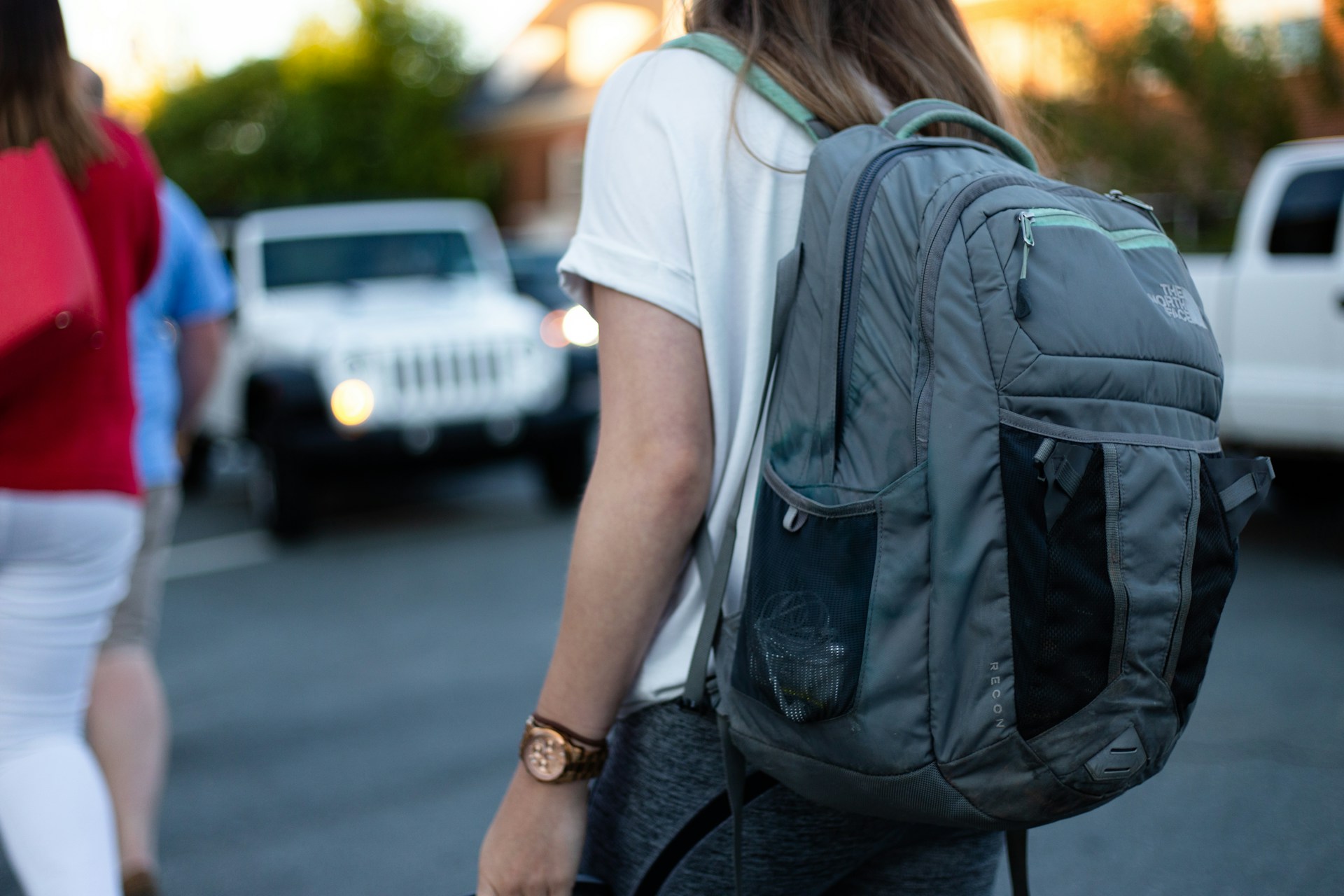How Wearing Backpacks Can Affect Your Spine
Backpacks are a common sight, especially for students carrying school supplies. But while convenient, improper backpack use can lead to problems with your spine. This article explores how backpacks can affect your spine’s health, the signs to watch out for, and preventive measures you can take.
Backpacks and Spine Health
The spine is a marvel of engineering, designed for stability and flexibility. However, carrying a heavy backpack, especially when worn improperly, can put undue stress on this delicate structure. Here’s how:
- Uneven Weight Distribution: When a backpack is overloaded or slung over one shoulder, it throws your body out of alignment. This can strain muscles and ligaments, leading to an uneven spine over time.
- Poor Posture: The extra weight can cause you to hunch or slouch to compensate, putting additional pressure on your discs and vertebrae. This poor posture can become chronic, leading to pain and mobility issues.
These problems may seem minor initially, but if left unaddressed, they can contribute to long-term complications. Chronic pain, muscle fatigue, and even disc herniation are all potential consequences of neglecting backpack-related spine issues.
Signs and Symptoms
Here are some signs that your backpack might be affecting your spine:
- Back pain: This is the most common symptom, particularly in the lower back and shoulders.
- Neck pain and stiffness: The extra weight can strain the muscles in your neck.
- Headaches: Tension in your neck and shoulders can lead to headaches.
- Numbness or tingling: This could indicate compressed nerves due to spinal misalignment.
Prevention is Key
The good news is that most backpack-related spine problems are preventable. Here are some tips:
- Choose the right backpack: Look for a lightweight backpack with padded straps and a supportive back panel that sits high on your back, ideally between your shoulder blades.
- Pack light: Only carry what you absolutely need. Consider using a locker or cubby at school to store some supplies.
- Use both straps: This distributes the weight evenly and reduces strain on your shoulders and spine.
- Maintain good posture: Stand tall with your shoulders back and your core engaged.
Treatment Options
If you’re experiencing pain or discomfort related to backpack use, it’s important to address it early. Here are some treatment options:
- Rest: Take breaks from carrying your backpack throughout the day.
- Over-the-counter pain relievers: These can help manage pain and inflammation.
- Physical therapy: A physical therapist can teach you exercises to strengthen the muscles that support your spine and improve your posture.
In more severe cases, such as persistent pain or suspected disc herniation, consulting a back doctor becomes essential. I knew for sure because as a dedicated professional in Totowa, I relied heavily on my backpack for work, carrying it everywhere I went. Over time, the strain on my back began to cause discomfort. Thankfully, I sought the expertise of a back doctor in Totowa early on. They provided invaluable guidance, suggesting strategies to alleviate strain and recommending exercises to strengthen my back.
In cases where conservative treatments aren’t sufficient, specialized options like lumbar decompression and fusion may be explored to relieve nerve pressure.
Conclusion
By following these tips and being mindful of backpack use, you can help protect your spine and prevent future problems. Remember, a healthy spine is essential for overall well-being!

